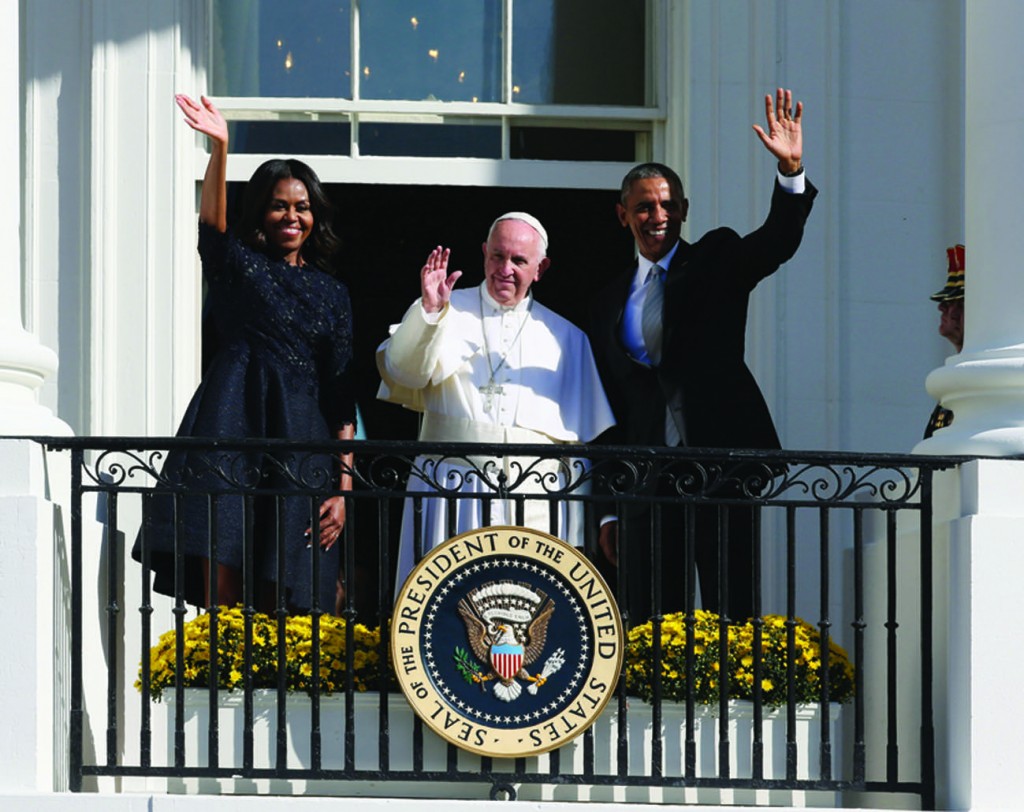
September 23, 2015, Washington D.C. Apostolic journey of Pope Francis to the United States of America. Welcoming ceremony for Pope Francis at the South Lawn of the White House (Galazka photo)
“Building bridges to build peace” is the main theme of the book The American Pope (Vatican Press, 2016), a collection of speeches, in Italian and English, made by Pope Francis during his 2015 apostolic journey to Cuba, the U.S. and the U.N., together with analysis by journalists Lara Jakes, Paolo Messa and Massimo Milone.
The Cuban and American journey of Pope Francis, though now part of history, is still yielding good fruit, as many important initiatives for world peace have taken the resumption of dialogue between the U.S. and Cuba as a model.
Not surprisingly, during the welcome ceremony in Cuba, the speech given by the Holy Father at the José Martí Airport (Havana, September 19, 2015) makes a strong reference to the hope of Cuba’s opening to the whole world, already advocated by St. John Paul II in his appeal of 1998 (“that Cuba opens with all its magnificent potential to the world, and the world to Cuba”).
Francis developed this theme further with encouragement to Cuba’s leaders, asking them to continue “on this path and to develop its full potential, as proof of the service they are supposed to offer for the peace and well-being of their peoples, and of all America, and as an example of reconciliation for the whole world.”
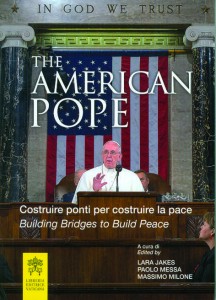
The American Pope
The world, recalls Pope Francis, is “in need of reconciliation in this atmosphere of a piecemeal World War III in which we are living.”
Massimo Milone in his analysis does not focus on Pope Bergoglio’s words only, but offers a historical reconstruction of the thaw in U.S.- Cuba relations.
He notes the vital role of the Church, which provided mediation not only by St. John Paul II, but also by Emeritus Pope Benedict XVI and now, increasingly, by Pope Francis.
Through the analyses of the three editors, a picture emerges of the role the Pope played during his journey. His pivotal themes were summed up by three words: freedom, justice, equality.
In his speech to the joint session of the Congress of the United States of America in Washington, D.C., on September 24, 2015, these values are clear. Francis evoked the memory of “Lincoln: freedom; Martin Luther King: freedom in diversity and non-exclusion; Dorothy Day: social justice and the rights of persons; and Thomas Merton: capacity for dialogue and openness to God.” Together with concern for the family, these pivotal themes of Francis are analyzed in an article by Lara Lakes.
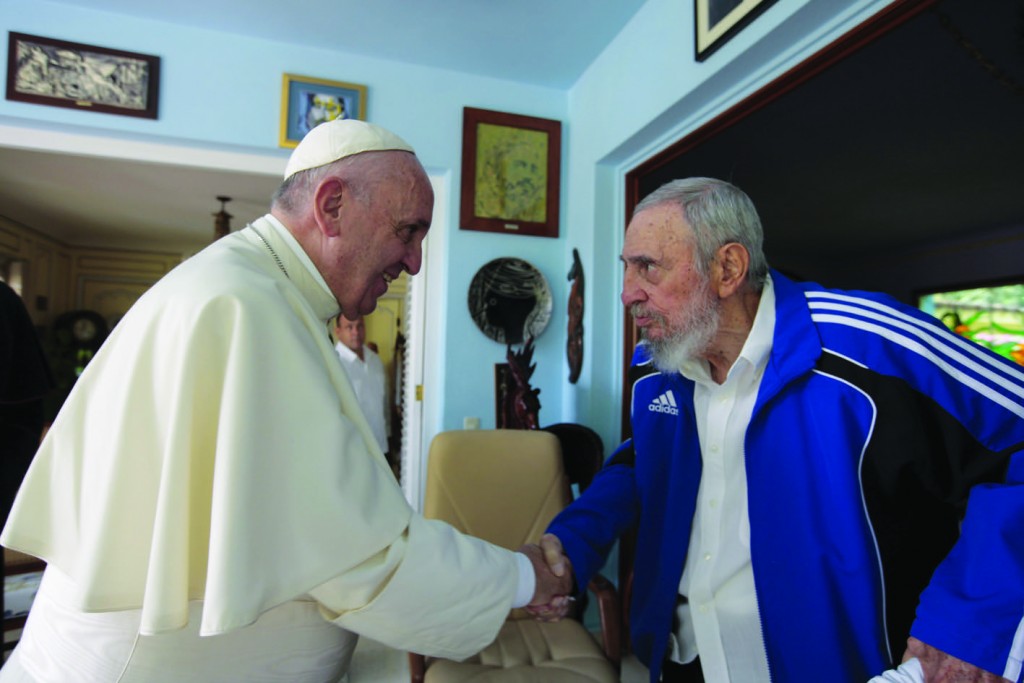
Pope Francis shakes hands with former Cuban President Fidel Castro at Castro’s residence in Havana September 20 (CNS photo/Alex Castro, Castro family handout via Reuters)
The third speech, delivered at the meeting of the General Assembly of the members of the United Nations (New York, September 25, 2015) is dissected and analyzed by Paolo Messa. Pope Francis is not the first Pope to ascend the podium of the United Nations. The first to speak before the main international organization for peace and security in the world since 1945, was Pope Paul VI, in 1965. After him came John Paul II (in 1979 and 1995) and Benedict XVI (in 2008).
The speeches of all the Popes are linked by a common thread: the desire to create the conditions for a more just world, free from weapons and war.
Bergoglio’s talk to the U.N. focused on “equality, justice, dignity, human rights, freedom of religion.”
Pope Francis reconfirmed “the closeness of the Church to the projects” of the U.N. and urged the recognition “of a substantial equality between all men and women of the world, all peoples and cultures, regardless of their level of development or, better yet, with special attention to those in greater need of development.”
This book, through Pope Francis’ three great speeches, puts into historical context a new season of hope, in which faith is a light that overcomes darkness and — as recalled by the Pope — “is open; is far from any kind of elitism; is not just for a privileged few to be able to achieve a higher level of spirituality.”
—ITV Staff

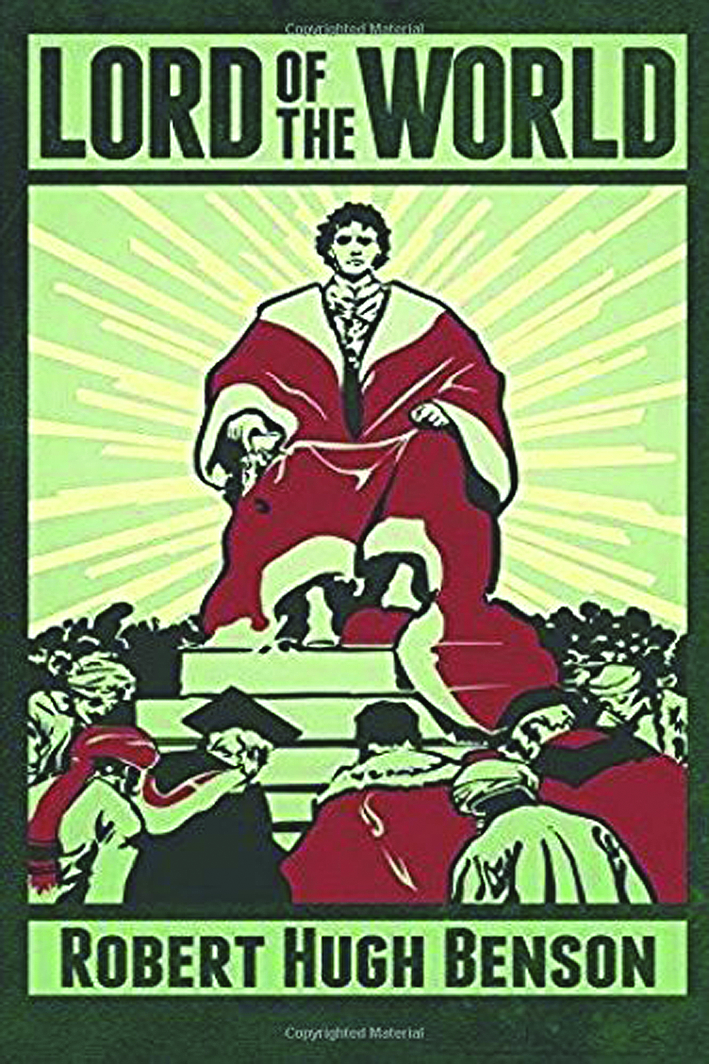
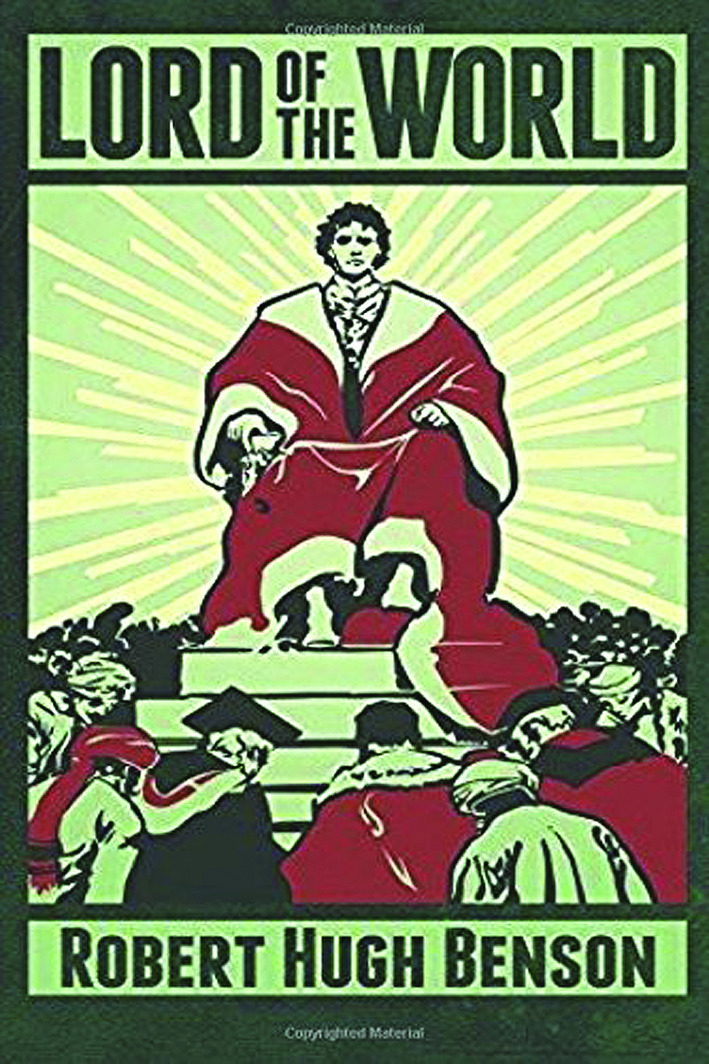
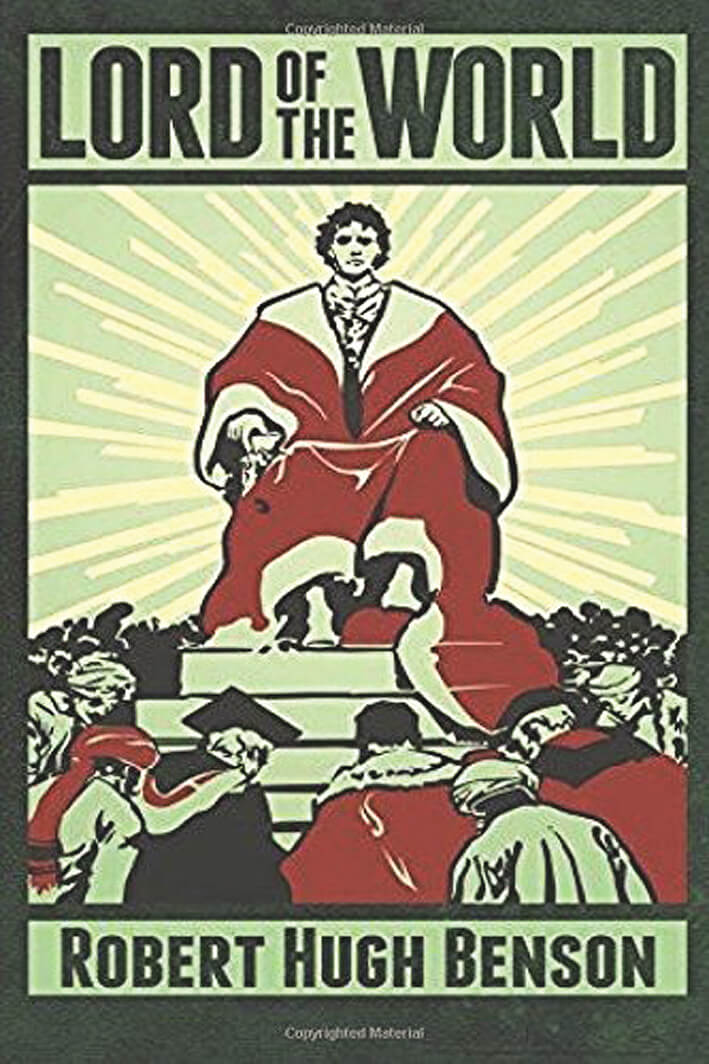
Facebook Comments